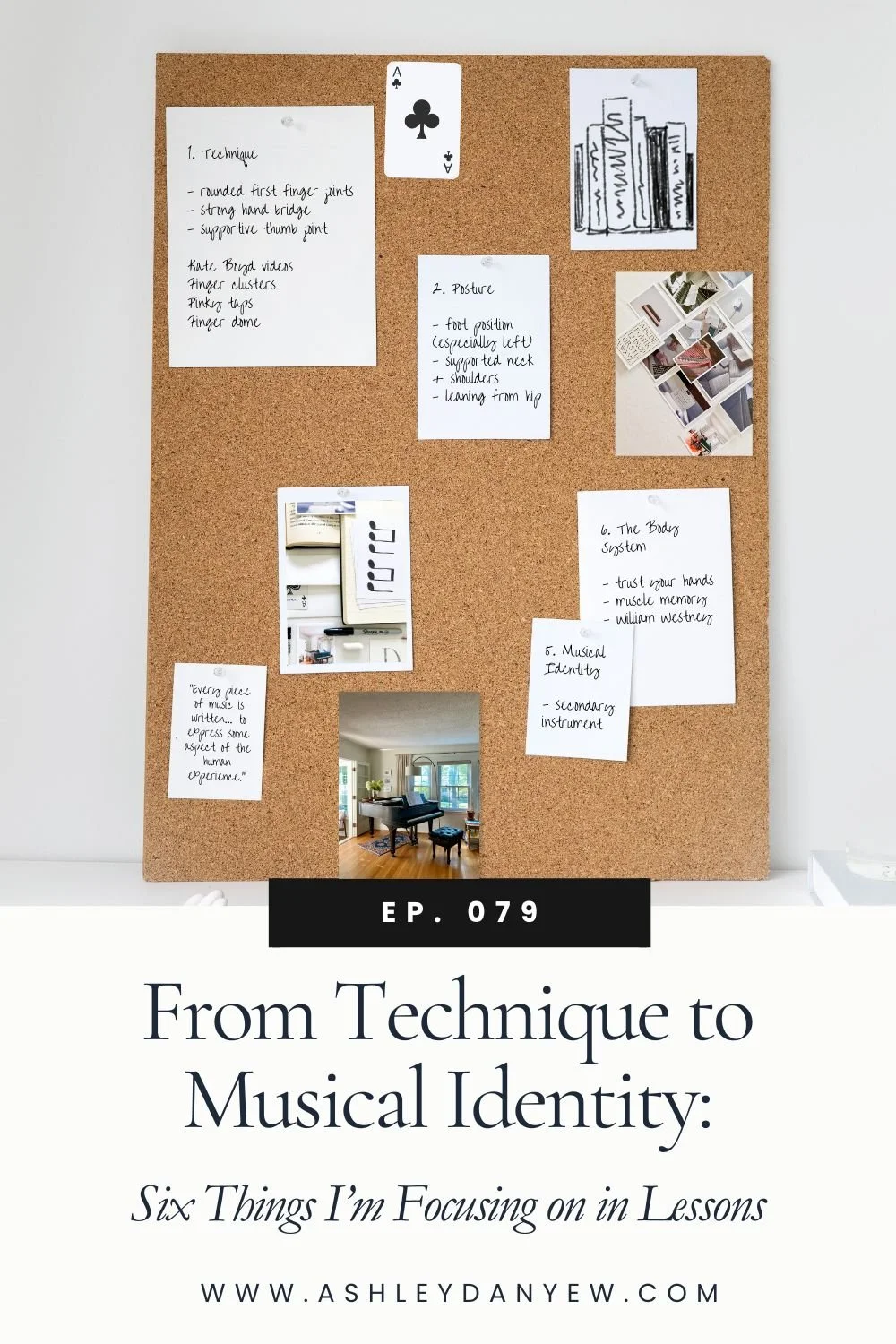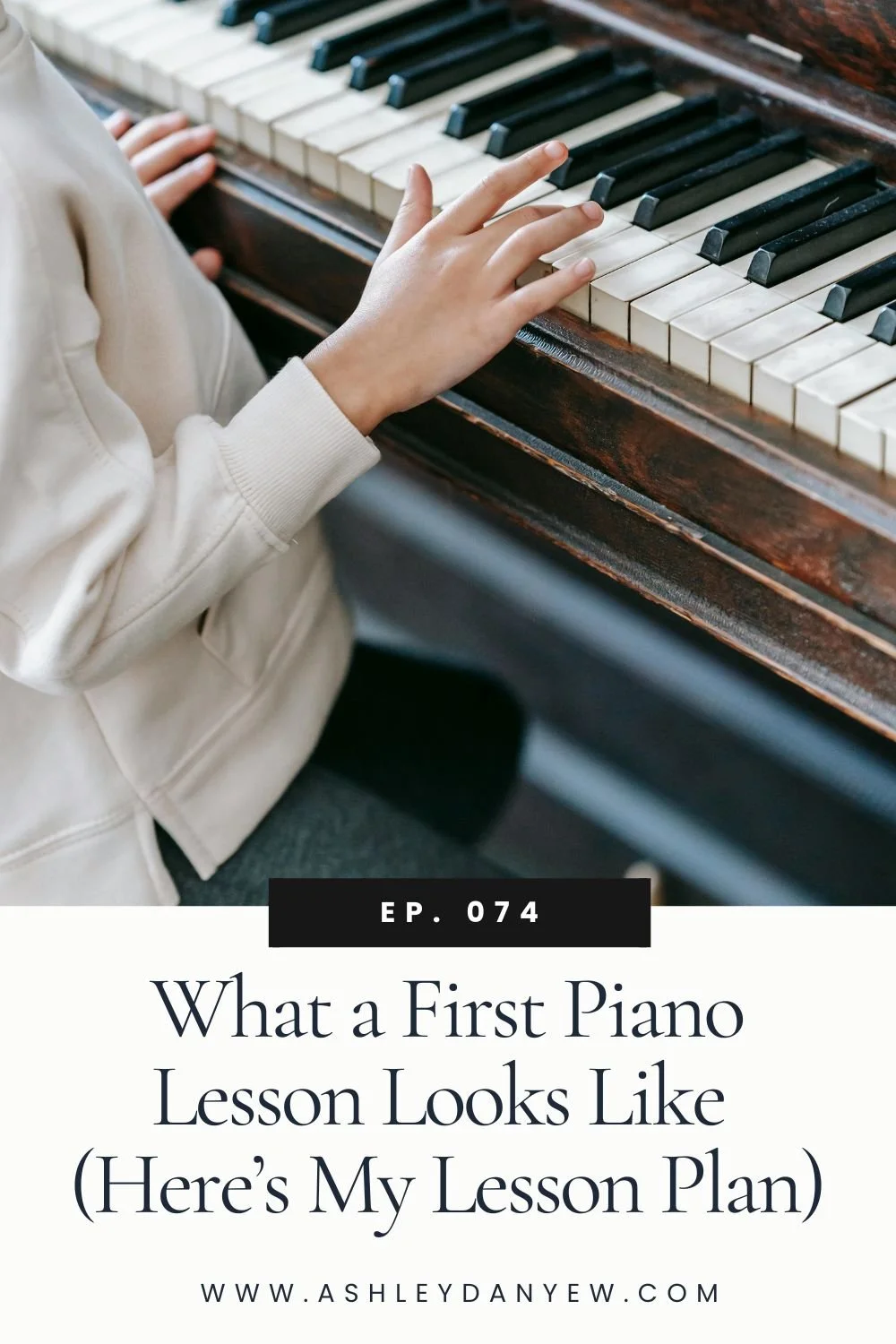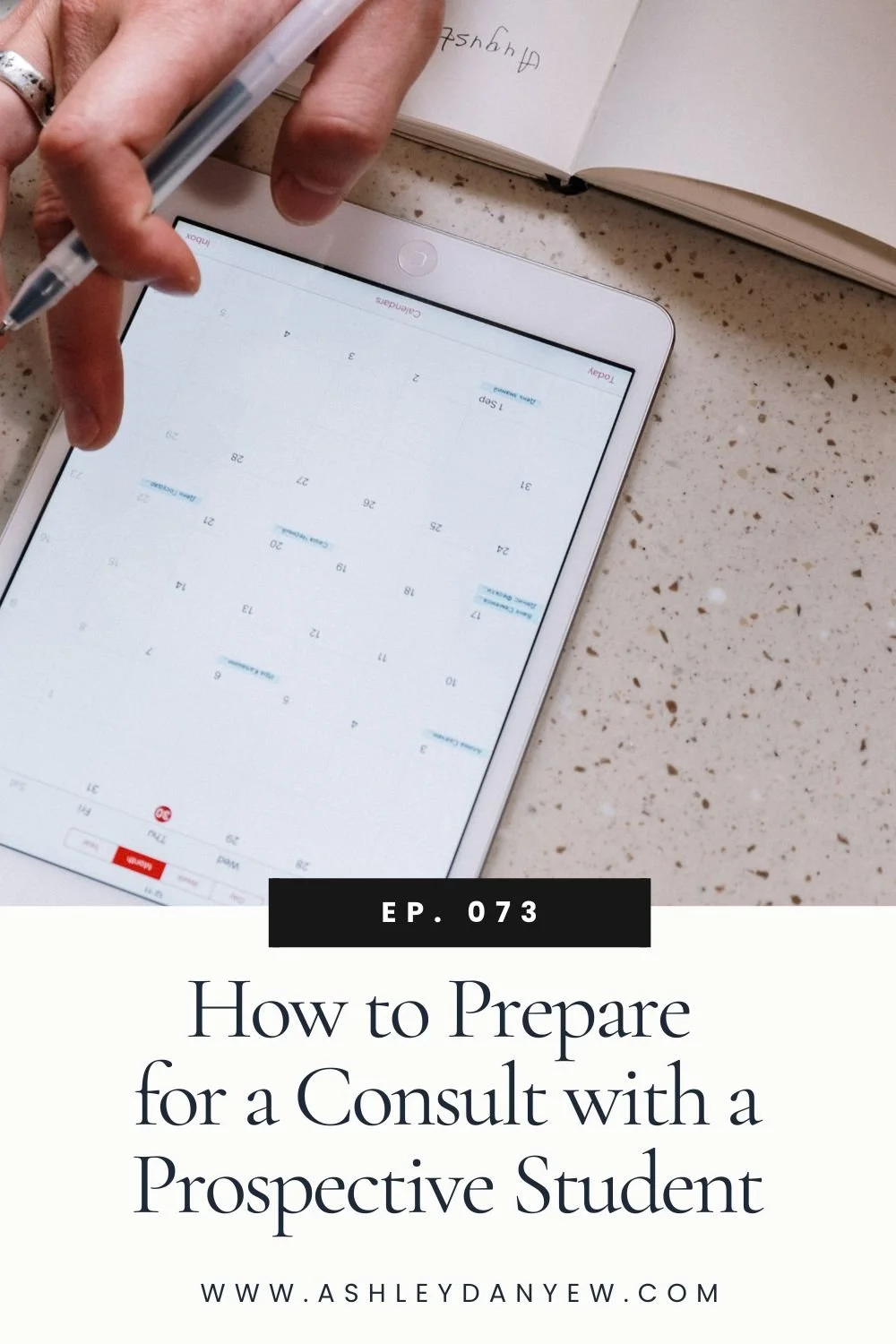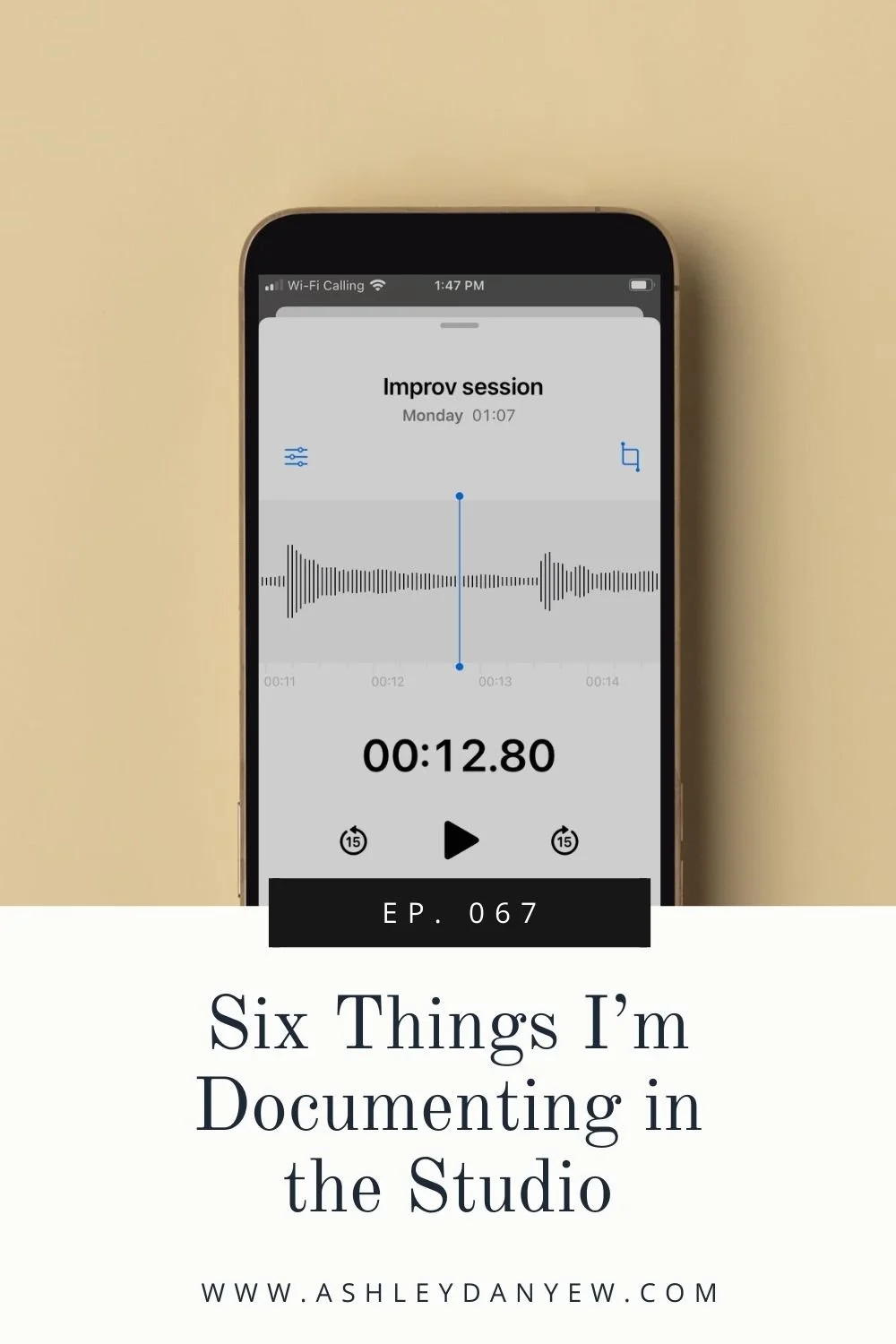Related Resources
*Disclosure: I get commissions for purchases made through some of these links.
How You Can Tell That You’re an Introvert (Kendra Cherry, MS)
Quiet: The Power of Introverts in a World That Can’t Stop Talking (Susan Cain)
The Power of Introverts: A Manifesto for Quiet Brilliance (Scientific American)
The Introvert’s Guide to Leadership Presence (Quiet Revolution)
5 Ways Introverts Can Become Wired for Leadership Presence (Quiet Revolution)
Are you an introvert or an extrovert?
Society often makes us feel like we are one or the other, but in reality, these personality traits are two opposite ends of a spectrum, and most of us fall somewhere in the middle (source), though often leaning one way or the other.
I’ll admit it took me a while to figure this out for myself. I couldn’t figure out why I was getting so burnt out in my work, why I felt the need to pull away and hide. Then I realized that much of my work involved people: teaching private lessons and college classes, directing choirs, attending staff meetings and planning meetings, etc.
When I realized what I was feeling was a natural part of being an introvert, I planned my days and weeks differently. I became aware of how and when I used my social energy and I was much more intentional about rest and alone time.
Susan Cain, researcher and author of the New York Times bestseller, Quiet: The Power of Introverts in a World That Can’t Stop Talking explained that “extroverts need higher levels of stimulation to feel their best” while "introverts prefer quiet, minimally stimulating environments." (source) This stimulation may be social, but it can also be everyday things like bright lights, noise (radio, podcasts, music, leaf blowers, traffic, etc.), and visual clutter.
Psychology author and educational consultant Kendra Cherry noted, "Unlike extroverts who gain energy from social interaction, introverts have to expend energy in social situations." (source)
Can you relate to that? I know I can. It’s actually more common than you might think.
Susan Cain found that, according to some of the latest research, "One third to one half of us are introverts – that’s one out of every two or three people you know. But you’d never guess that, right?” she continued. “That’s because introverts learn from an early age to act like pretend-extroverts." (source)
Regardless of how you feel on the inside, you may feel as if you need to pretend to be energized to portray strong leadership skills.
Being an introvert doesn’t mean you are inferior and it doesn’t mean you can’t lead, teach, or direct just as well as those who are more extroverted. The secret is to use your natural strengths. And that’s what we’re going to talk about today.
The Secret Strengths of Introverts
Introverts have a number of unique strengths:
HONESTY
Valuing authenticity and truth and striving for clear, honest communication and feedback. If this is a trait that you feel like you have, you want to make sure you balance this with kindness and awareness of how others receive feedback and suggestions.
DEDICATION
Doing good work and paying attention to the details. If this sounds like you, take breaks and make sure to have other hobbies and things to fill your time so you don’t get burnt out.
THOUGHTFULNESS
Being introspective and reflective and thinking carefully about how to teach, present, and communicate with others. If this sounds like you, be careful that you don't get too wrapped up in what others might think.
LISTENING SKILLS
Paying attention, observing, and listening before you speak. If this sounds like you, make sure you find a way to express your thoughts and don’t just defer to the more extroverted people in the room.
CONNECTION
Forming deep, personal connections with others, one-on-one or in small-group settings. If this sounds like you, just know that large groups may feel really draining for you, but one-on-one, deep, personal relationships can be actually really invigorating.
INTENTIONALITY
Showing appreciation and gratitude to others. (source) If this sounds like you, again, be careful about getting too wrapped up in what others might think.
These strengths are valuable characteristics. Not only do they set you apart in the world, they make you a thoughtful, reflective teacher and a dedicated leader.
And, if you channel these strengths, they can help you survive as an introverted music educator in an extroverted world.
Survival Tips for Introverted Teachers
If you’re fighting burnout and struggling to make it through each week, here are some practical tips that might help (from one introvert to another):
1. Work alone before teaching.
Teaching a class or a series of lessons, or leading a rehearsal for however large a group can take a lot of you, so if you know that being around people drains your energy, make sure you prepare accordingly and don’t exert too much social energy earlier in the day.
Set some clear boundaries for yourself: avoid scheduling meetings or extra lessons or rehearsals on a day when you already do a lot of teaching. Set limits on when you check and respond to emails, and put your phone on Do Not Disturb for a few hours while you’re working to avoid being interrupted.
2. Look for opportunities to connect.
Get to know your students or choir members — their interests, their families, what's important to them. Talk to them at the beginning of lessons or make conversation with small groups of students as they arrive (this is an introvert’s strength, remember?). This is the best way to encourage authenticity and connection between you and your students and build community within a group.
3. Be honest, but kind.
As I mentioned before, honesty is a trait most introverts naturally have, but there is such a thing as being too honest or blunt, sometimes. As an introvert, you may appreciate directness and value honest opinions, but some people may not feel the same way. Be careful not to disregard people’s feelings; instead, be honest, but give feedback kindly, gently, and respectfully.
4. Take time to be quiet.
Introverts are often more sensitive to noise and visual stimuli than extroverts. Listening to podcasts, watching videos or stories on social media, reading articles with busy ads and banners on the webpage, even just listening to music (with lyrics) on the radio can be draining after a while. Prepare for your class, lessons, or rehearsal by taking time to recharge and be quiet. Do something relaxing: read a book, go for a walk, do some reflective writing, or creative work of some kind.
5. Focus on your physical presence & speech.
If you’re in a position (virtual or in-person) of having to get up in front of a large group on a regular basis, there are few practical things you can do to prepare, focus, and protect your energy so you aren’t completely drained at the end of the day.
According to Anett Grant, introverts can develop a strong leadership presence by focusing on these five physical things: a) balance, b) eye contact, c) vocal resonance, d) smooth gestures, and e) intentional movement. Here's a link to the full article.
In another article, Anett Grant recommends a few mental things to focus on when speaking to a large group: a) get to the point, b) use imagery, c) get into a rhythm, d) make sure the content is relevant, and e) use active voice. If you want to read more, here's a link to the full article.
6. Take time to reflect.
Take time after teaching each week, either at the end of the day or the end of the week, to reflect and plan for the following week. Introverts may take more time to process things than those who are more extroverted, but often it’s because we’re sifting through all the details, things we observed, conversations we had, etc. Build time for this mental processing into your weekly routine.
One thing I started doing at the beginning of 2020 is keeping a teaching journal. I just jot down my reflections for each month in a notebook in Evernote.
This journal is a place for me to write down my reflections — things I learned, things I discovered, things my students discovered. I don’t necessarily have something to write down every week, but I have a few entries from each month so far this year and a way, going forward to capture my favorite teaching stories and document the music teaching and learning process as it unfolds.
What is this reflective practice for you?
How do you manage being an introvert in an extroverted world? What are your best tips for teachers? I’d love to hear from you.






































